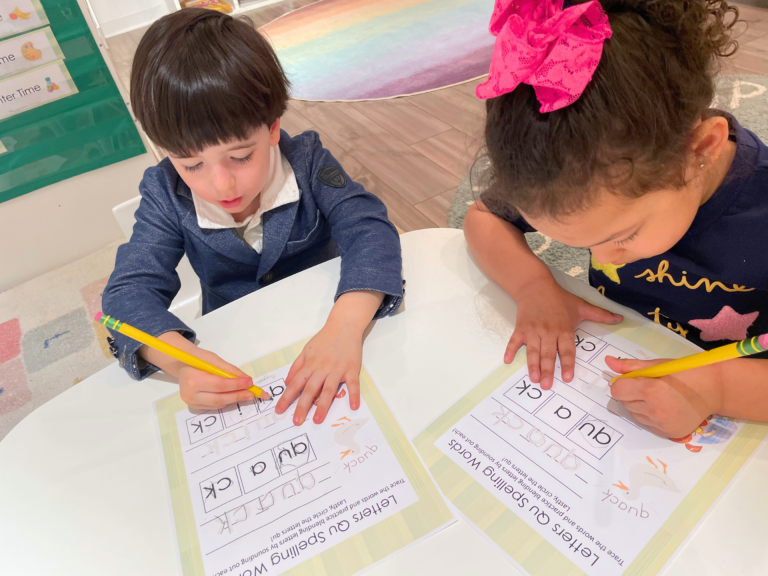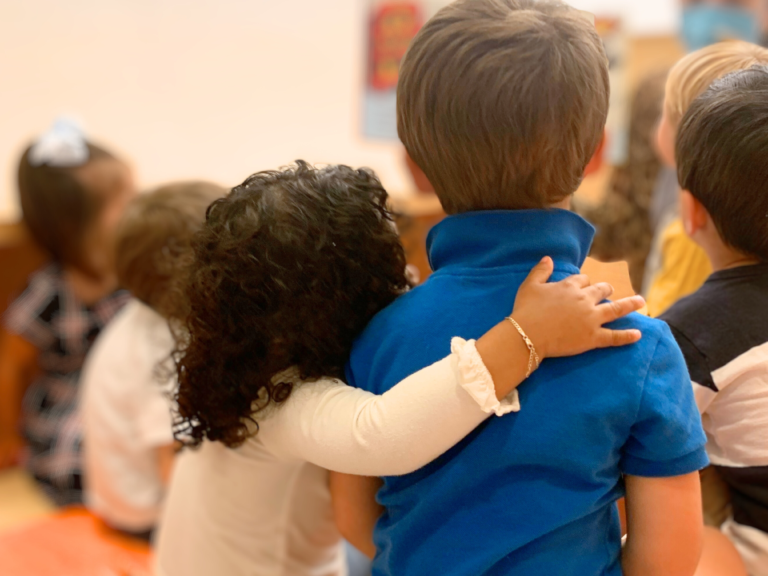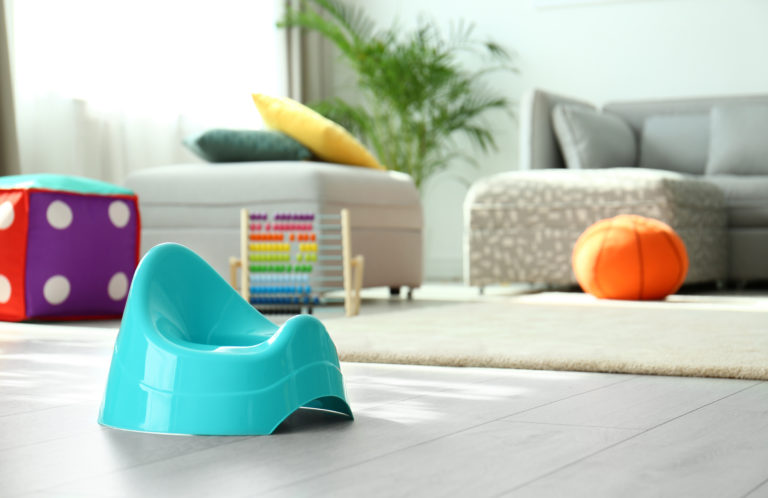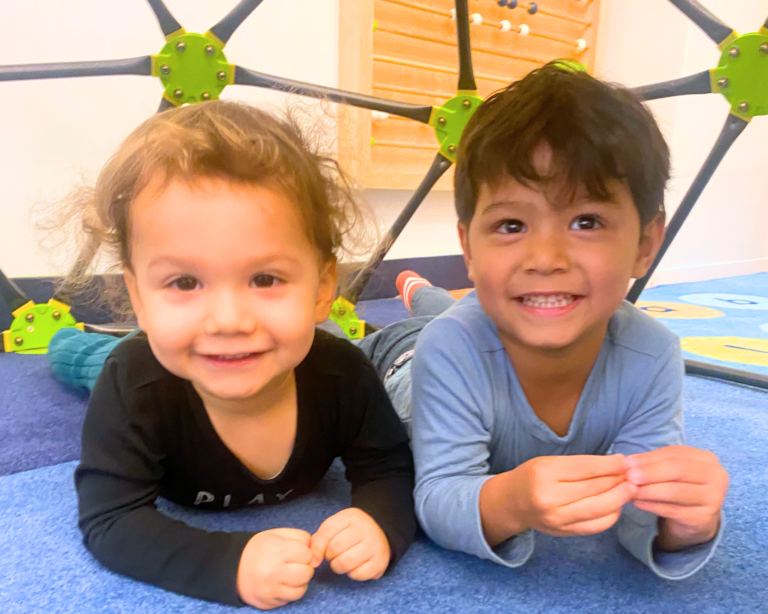How EdTech Can Help Children with Special Needs
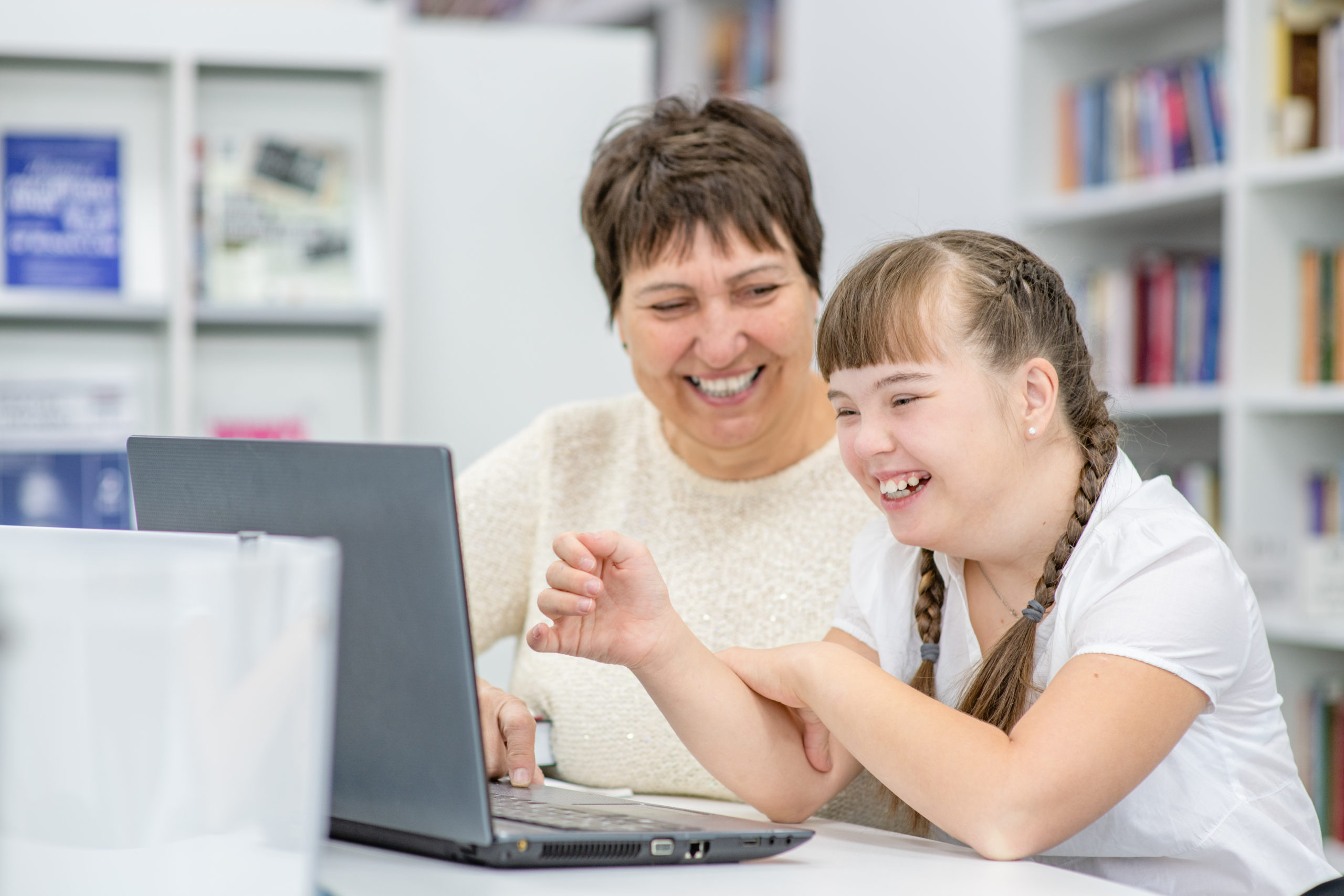
Every child will have a way of learning that makes sense to them. Having a method or routine that they understand, whether they learned it in school or from their parents or guardians, is essential to early learning success! However, many children cannot learn in traditional ways as easily as others. According to the CDC (Center for Disease Control), 1 in 68 children has been diagnosed with autism spectrum disorder, and that number is increasing. That number shows us how common this learning disability is, among others such as dyslexia. With such a high percentage of children needing special help in the classroom, there needs to be an equal amount of effort put towards giving those kids the support they need.
Over 80% of all students graduate high school, while only 65% of students with special education needs will graduate on time. With the help of laws like the Individuals with Disabilities Education Act (IDEA), in the 2019-2020 school year, special education services were given to over 7 million students (National Center for Education Statistics). These are the steps towards a more neurodivergent-friendly education experience. But what other tools are there?
Innovative technology is helping children with special needs succeed in the classroom and elsewhere. Educational concerns for students on the spectrum are being addressed by educational technology, such as online preschool, online K-12 schools, and in-classroom technology software. In response to the increasing number of diagnoses, pressure is put on the educators to ensure that updated tools and techniques are in place in the classroom, to best support students with special needs. The use of educational technology is helping with the common frustrations that kids with special needs face in the neurotypical classroom.
Auditory Stimuli Regulation
A common occurrence for neurodivergent students is overstimulation. Different types of overstimulation, such as loud noises, can physically hurt and cause stress to students on the spectrum. You may see children with noise-canceling headphones, which are a helpful tool for those with a high sensitivity to noise. Apps are now available to educators that can alert them when classroom noise can be defined as overstimulating, reducing stress and anxiety, and putting students with autism at ease in the classroom setting. Some families may also turn to homeschooling with tools like online preschool and online K-12 schools, to avoid the issue entirely.
Communication in the Classroom
According to Spectrum News, a quarter of people diagnosed with autism are nonverbal. A larger percentage of children diagnosed have some type of difficulty with speech development. This makes communicating in a classroom setting challenging, but not impossible. EdTech solutions, like tablets that educators can give to their students on the spectrum, allow students to learn through different programs that include visual displays and uses alternatives to verbal communication. In addition, these in-classroom and at-home online preschool and K-12 programs include interactive displays and lessons, such as handwriting-to-type, helping develop fine motor skills. These tools help students with autism learn in a way they understand, building their confidence and making them more inclined to express themselves and interact with the world around them.
Social Skills Development
Difficulty socializing is a result of delays in both sensory processing and communication, which are common among kids with ASD. Working in groups in the classroom and speaking with their teacher can be intimidating tasks for a student with autism. EdTech allows for student-teacher-communication in a way that is not intimidating. There are certain programs that offer incentives for successful communication using goal setting, fostering a working relationship between student and teacher. Online preschool and K-12 programs can offer classes via Zoom, which can be far less intimidating for a student on the spectrum, since they can participate in class from the comfort of their own home.
Increased confidence and success in the classroom is directly correlated to social success. Because neurodivergent students social skills are developed with technology, they build a wealth of knowledge about the technology and can carry on conversations about said technology and software of the like. They can build relationships and work with others who think and learn like them, as well as with neurotypical students with common interests.
Who is Helping?
There are a few different learning platforms that are available to students diagnosed with autism, and more are being developed every day.
The Amplio learning platform is an educational technology startup that was created by a biomedical engineer Yair Shapira, whose son has a speech impediment, inspiring the idea for the company. Through the collection of data and communication with educators, the program learns what works and what does not work in order to best assist special education students. Amplio has programming for students ranging from Kindergarten to 6th grade, as well as dyslexia curriculum for students in grades 1-12.
Seymour & Lerhn is a website and Youtube channel offering immersive virtual reality (VR) tours, allowing students to engage and explore with their Education in 360 series. I was able to watch their Deep Sea Diving 360 video, and it felt like I was exploring and learning about the deep seas without leaving my computer! They offer unlimited access to their content, which provides accessible education for students everywhere, and allows students with special needs to learn skills and develop at their own pace.
Online schooling platforms, many of which were developed during the peak of the COVID-19 pandemic, can also be a source of relief for parents of children on the spectrum. Though many online schooling programs include offerings only for K-12 students, online preschool programs like Playgarden Online offer an early childhood curriculum specifically created for children under 5. As a teacher at Playgarden, I’ve had several parents reach out to let our teacher-team know that our online preschool has helped their child with ASD to thrive! Two of these students frequently participate in classes from their backyard; their mother will provide them with sensory bins or even put on the sprinklers to provide some fun, sensory-stimulating play while they are learning. This kind of flexibility can be life-changing to families of children with learning disabilities, as they may not have the opportunity to participate in the same way at an in-person school.
As students with special needs gain accessibility to these tools and become more confident using them, they become more comfortable in the classroom environment and are able to navigate and learn in a way they understand, which is what every student deserves.
Popular


Hi, I'm Miss Julia!
Miss Julia has been an early childhood educator for 5 years, with over 10 years of experience working in childcare. She has been teaching at Playgarden Prep since 2017, and is happy to share ideas on some of her favorite early education topics with you! Miss Julia has a BA from UC Irvine, and uses her experience in performing arts to inspire little ones every day in her enrichment classes at Playgarden. In her free time, Miss Julia loves enjoying nature, cooking, and creating with friends.

